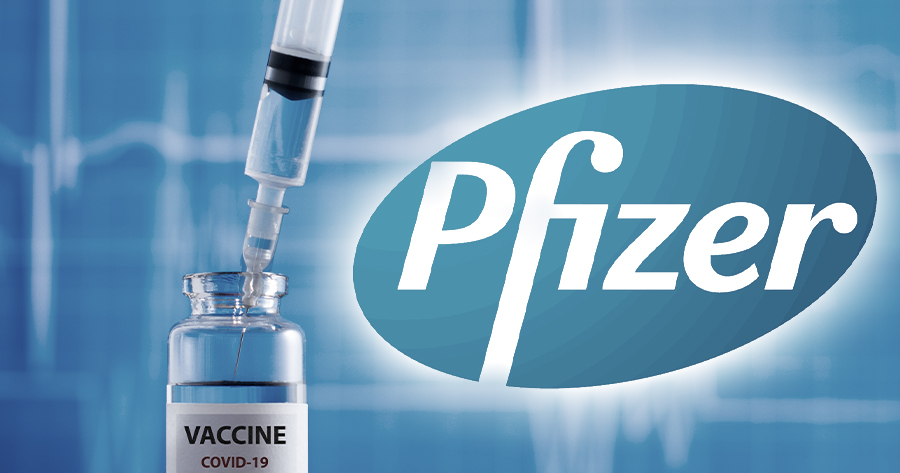Pfizer has reached an agreement with President Donald Trump to reduce the prices it charges for prescription drugs in the U.S. Medicaid program, matching the rates paid by other developed countries, in exchange for relief from tariffs.
President Trump said on Tuesday that Pfizer would also extend this “most-favored-nation” pricing to all new medications introduced in the United States and indicated that other major pharmaceutical firms are expected to follow this model.
Following the announcement, Pfizer shares surged nearly 7%, with other pharmaceutical stocks such as Eli Lilly, Merck, Amgen, AbbVie, and GSK also registering gains. The rally reflected investor optimism that these companies might be able to avoid the full impact of threatened new tariffs.
U.S. consumers currently pay among the highest prices in the world for prescription drugs—almost three times more than their counterparts in other advanced economies. The Trump administration has exerted increasing pressure on drug producers to align American prices with international standards.
As part of the arrangement, Pfizer will feature prominently on the White House’s upcoming direct-to-consumer online drug marketplace, TrumpRx, slated to launch in 2026. Several other pharmaceutical firms are preparing to offer similar direct-to-consumer pricing through the same platform.
At an Oval Office event, President Trump remarked, “The United States is done subsidizing the healthcare of the rest of the world.” Trump has previously stated that, starting October 1, branded or patented pharmaceutical imports would face a 100% tariff unless manufacturers build plants on U.S. soil.
Pfizer is the first pharmaceutical company to reach such a deal. In July, the President sent letters to 17 leading drugmakers, urging them to cut prices to match those abroad and seeking binding commitments by September 29.
Pfizer has committed to investing $70 billion into research, development, and domestic manufacturing. The agreement grants the company a three-year window free from the newly announced tariffs, conditional upon moving manufacturing to the United States, according to Pfizer’s CEO Albert Bourla.





